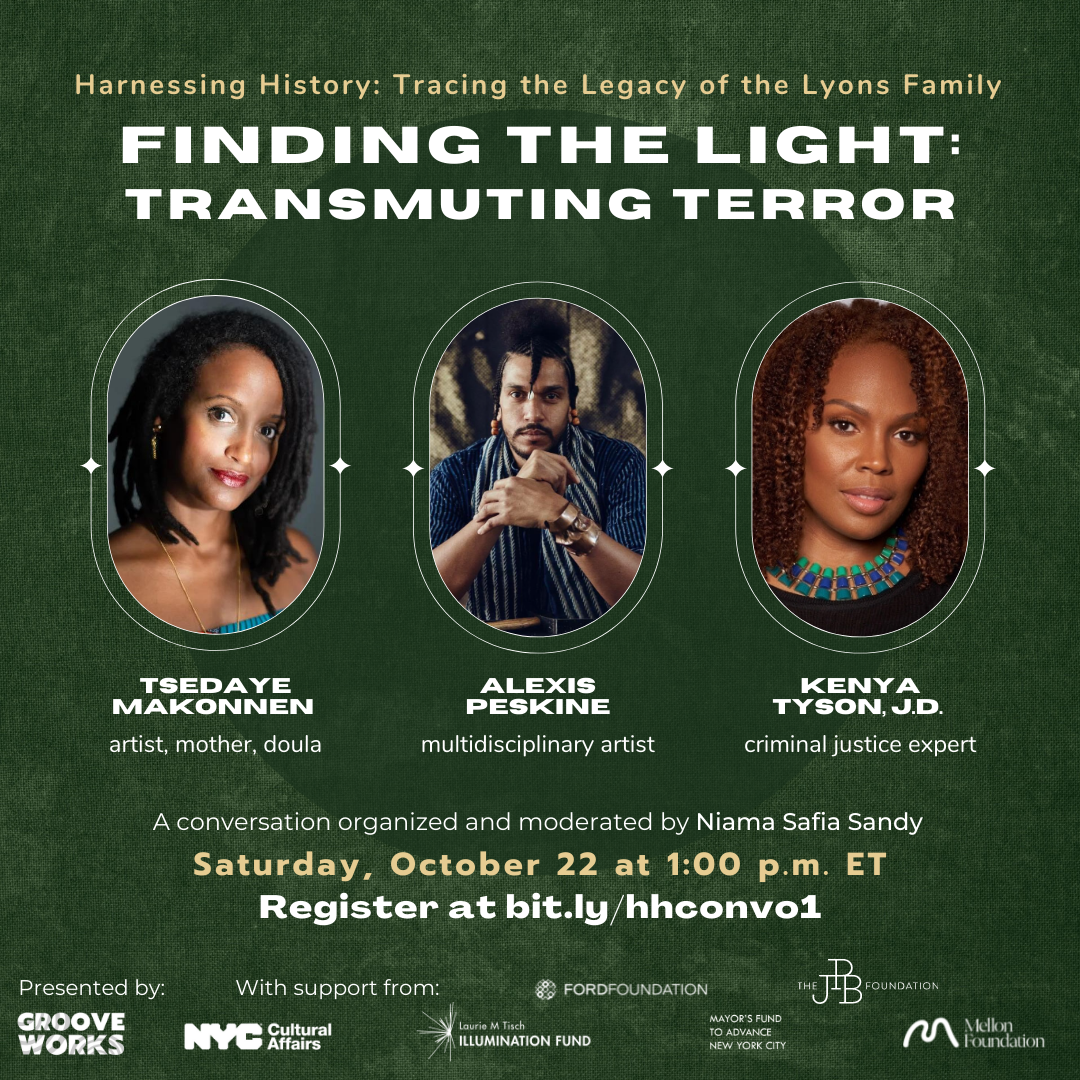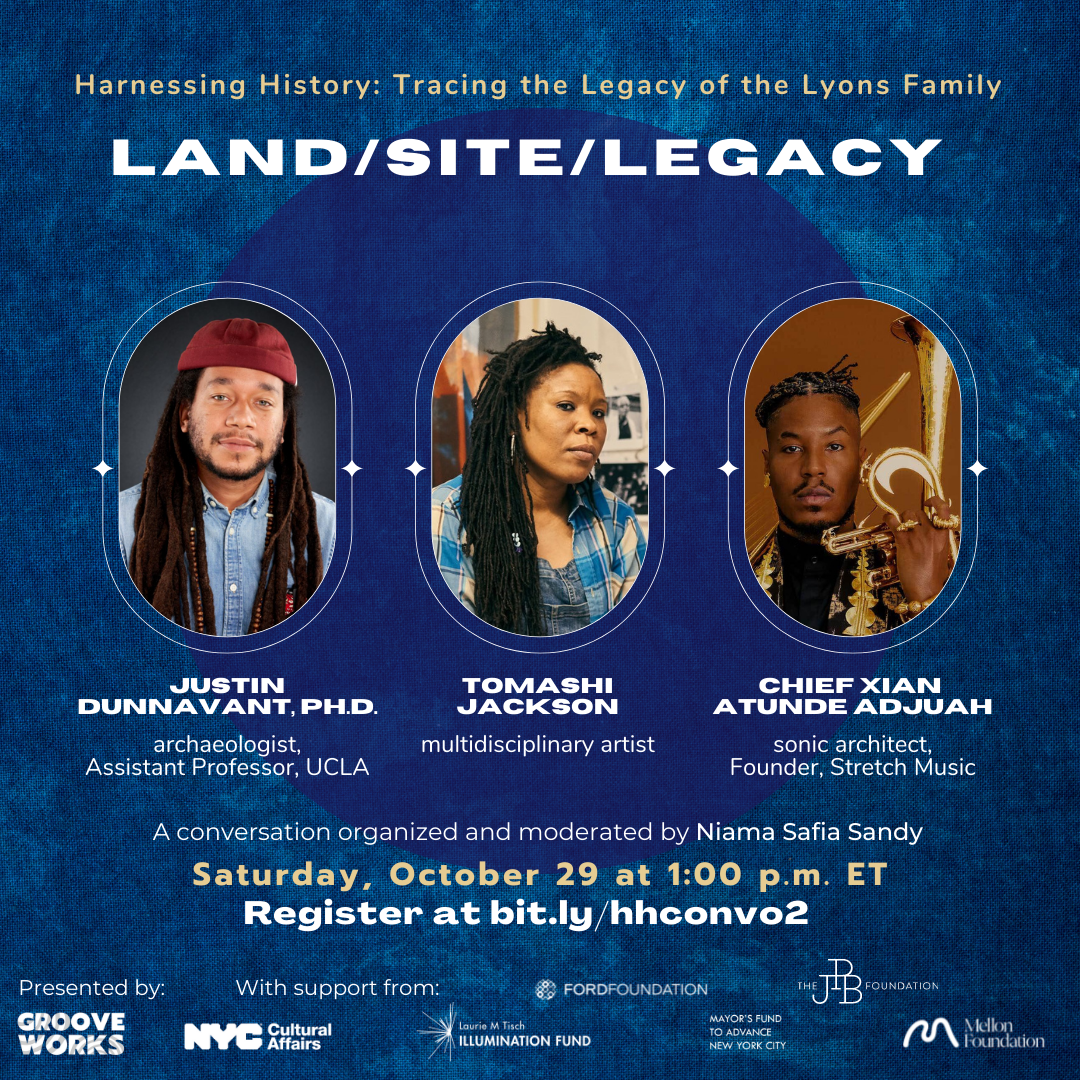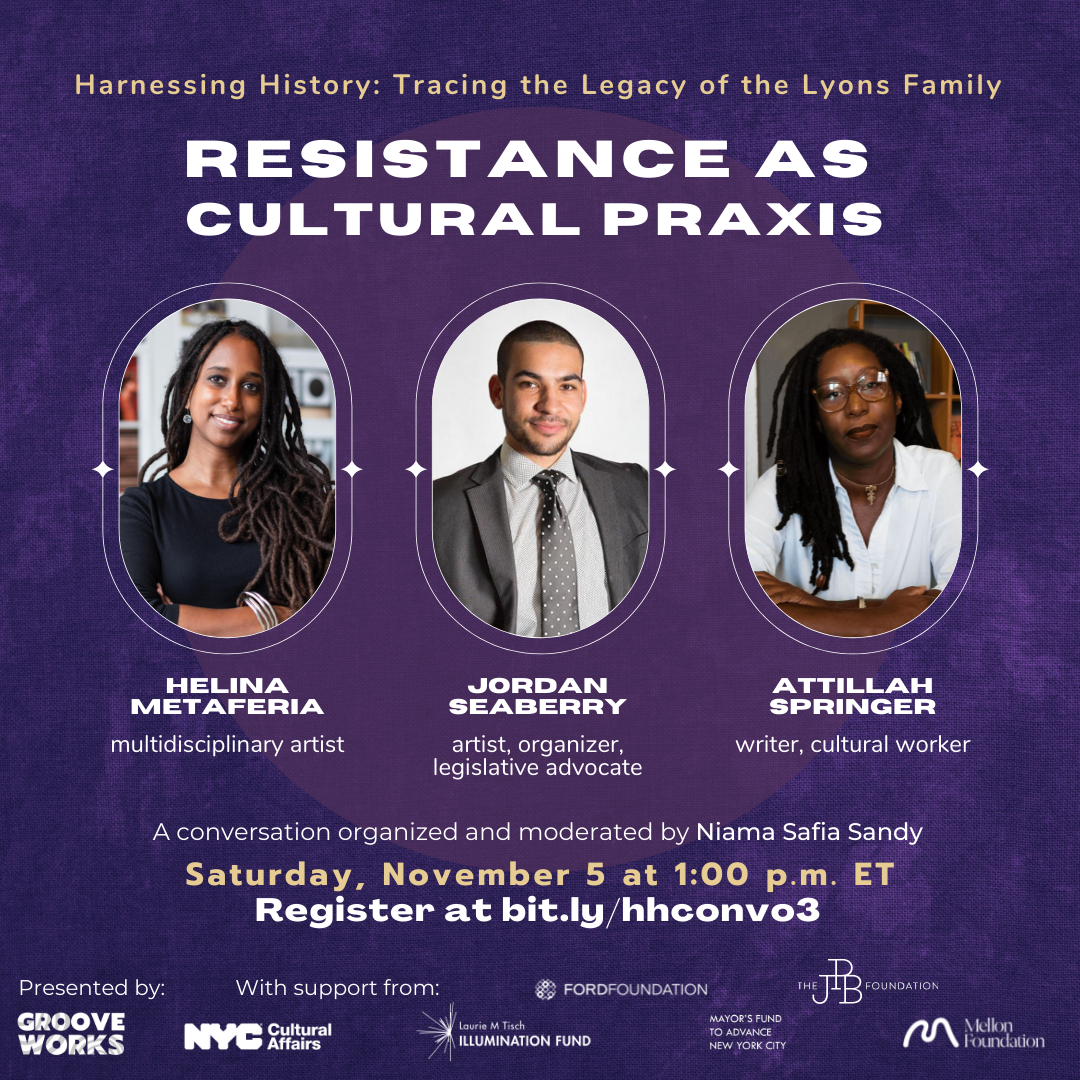
 NYC Cultural Affairs311
NYC Cultural Affairs311 Search all NYC.gov websites
Search all NYC.gov websites
Public Art as Community Engagement (PACE): Building Partnerships for Cocreation
Public Art as Community Engagement (PACE): Building Partnerships for Cocreation
For the last several years, the NYC Department of Cultural Affairs (DCLA) has been re-examining its approaches to engaging the public in discourse around issues of representation, equity, and diversity during the process of commissioning permanent artwork, monuments, and memorials in the public realm. Traditional methods of engagement such as public meetings, surveys, and questionnaires remain important tools. But in order to develop a deeper and more nuanced assessment of community values and priorities, we need to commit to varied forms of engagement that connect with broader, more representative audiences and foster more thoughtful dialogue.
DCLA's Public Art as Community Engagement (PACE) is a pilot program building on a model that relies on artist-led temporary art, convenings, and interventions as tools for careful and deliberate interaction to build real partnerships with relevant communities and stakeholders around specific public art projects. These public interventions are designed to address questions unique to each project and to help guide its development in a way that aligns with and responds to an active and involved community. The communities, themes, values, and context for every public art project varies widely; for projects that demand more robust dialogue and interaction, the PACE approach is employed to accommodate the vast range of variables and create opportunities for engagement that are reflective of and responsive to the unique conditions of the projects.
News and Updates
Harnessing History: Tracing the Legacy of the Lyons Family - Digital Convening

In late 2022, the New York City Department of Cultural Affairs (DCLA), with the support of the Mayor's Fund to Advance New York City, hosted a series of online conversations to explore the legacy and history of the Lyons family, examining a century of Black life and activism in America after the abolition of slavery in New York State in 1827. As part of the PACE pilot program, these conversations explored and unpacked themes and issues that will inform the proposed monument on the perimeter of Central Park commemorating the Lyons family, providing a strong basis for engagement between local stakeholders and the artist who is ultimately selected to design the monument.
Curated and hosted by Niama Safia Sandy (curator, artist and educator), the convenings consisted of three conversations inviting artists, scholars, and community activists to reflect on the Lyons family's commitment to justice, civic and political engagement. Each conversation sought to connect to an element of the Lyons family's story and tease out the family legacy within the context of the art and history of the contemporary moment.
The convening series was part of DCLA's Public Art as Community Engagement (PACE) pilot program and was organized by groove works, founded and led by Niama Safia Sandy. It was funded by the Ford Foundation, the JPB Foundation, the Mellon Foundation, and the Laurie M. Tisch Illumination Fund.
Watch the Harnessing History series:
Click a topic, or press the enter key on a topic, to reveal its answer.
Convening #1: Finding the Light: Transmuting Terror

Panelists: Tsedaye Makonnen, Alexis Peskine, Kenya Tyson, JD
Moderator: Niama Safia Sandy
When mobs attacked Black people and destroyed Black-owned properties in New York City during the Draft Riots of 1863, the Lyons family fled leaving behind their property and members of their community, and so much more. There is a long legacy of the destruction of Black communities, massacres, extrajudicial killings and other incidences of racial terror in the United States as a strategy of oppression, economic dispossession and spiritual subjugation. The invited speakers, artists Tsedaye Makonnen, Alexis Peskine and organizer, legal scholar and administrator Kenya Tyson, JD, will share their organizing, performance and visual work and how they offer solutions, protection and respite to communities at risk.
Watch the recording of Convening #1: Finding the Light: Transmuting Terro
Convening #2: Land, Site, and Legacy

Panelists: Justin Dunnavant, Ph.D, Tomashi Jackson, Christian Scott Atunde Adjuah
Moderator: Niama Safia Sandy
The Lyons' family story is one that centers on land, site, and action. Together with their community of allies, they were stalwarts for equity, freedom, social justice and progress in a time when the stakes were at their highest. In Land/Site/Legacy, the work of invited speakers, Dr. Justin Dunnavant, Tomashi Jackson, and Chief Xian aTunde Adjuah, is connected to notions of land, site specificity, and community. The conversation will consider each of the panelists' path-breaking work and strategies in visual art, archaeology, music, and their intersections.
Convening #3: Resistance/Political Engagement as Cultural Praxis

Panelists: Helina Metaferia, Jordan Seaberry, Attillah Springer
Moderator: Niama Safia Sandy
For multiple generations the Lyons family was engaged in resistance work; from Albro and Maria's participation in the Underground Railroad, their leadership in the fight to desegregate schools in Providence, Rhode Island in the 1860's, at a time when such an idea was unheard of, to Maritcha Lyons' work as an anti-lynching and women's suffrage activist in the early 20th century. Resistance/Political Engagement as Cultural Praxis will feature three discussants whose work finds them at the crossroads of community and cultural organizing and political engagement toward the creation of transformation and justice.
Watch the recording of Convening #3: Resistance/Political Engagement as Cultural Praxis


